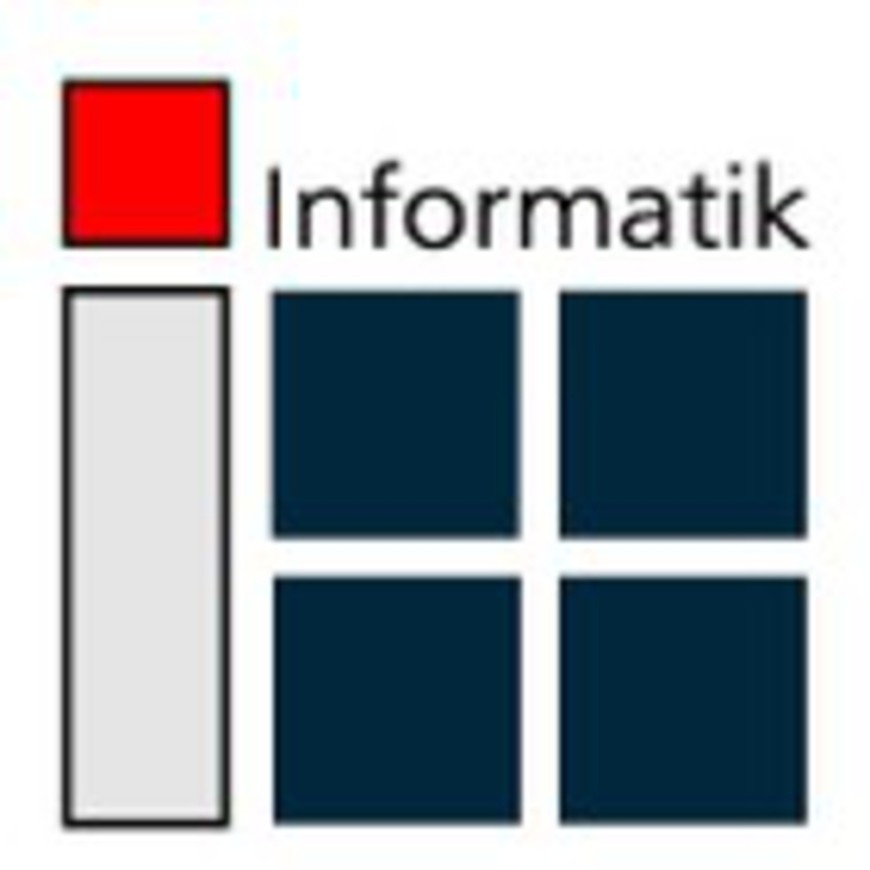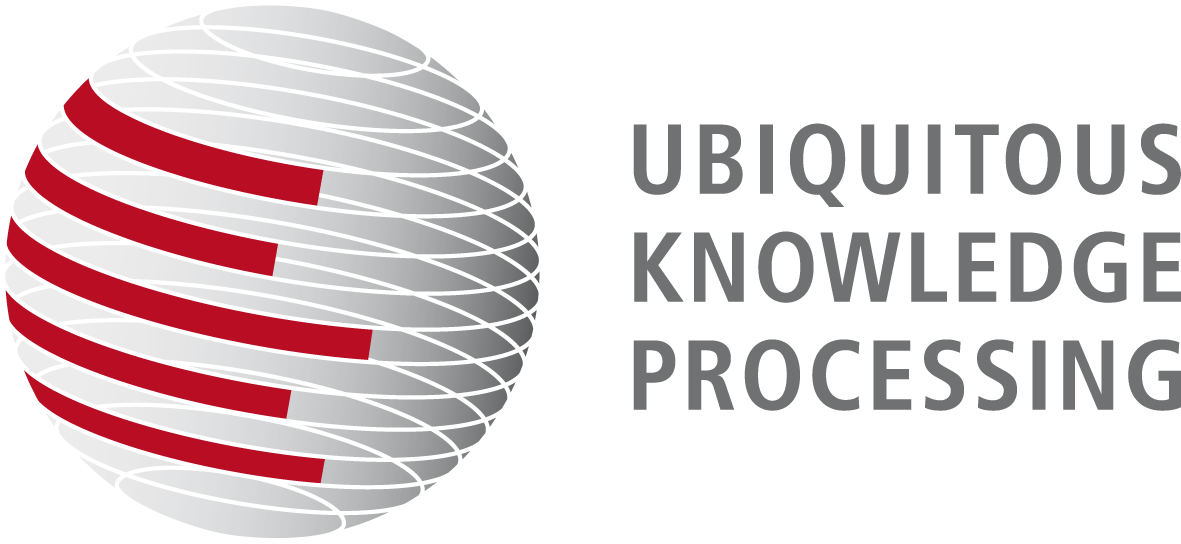uimaFIT 1.0.0 has been released
2010/07/16

We are pleased to announce the release of uimaFIT 1.0.0 – a library that provides factories, injection, and testing utilities for UIMA. The following list highlights some of the features uimaFIT provides:
- Factories simplify instantiating UIMA components programmatically without descriptor files. For example, to instantiate an AnalysisEngine a call like this could be made: AnalysisEngineFactory.createPrimitive(MyAEImpl.class, myTypeSystem, paramName, paramValue)
- Injection handles the binding of configuration parameter values to the corresponding member variables in the analysis engines and handles the binding of external resources. For example, to bind a configuration parameter just annotate a member variable with @ConfigurationParameter. Then add one line of code to your initialize method – ConfigurationParameterInitializer.initialize(this, uimaContext)
This is handled automatically if you extend the uimaFIT JCasAnnotator_ImplBase class. - Testing is simplified by uimaFIT in a number of ways described in the documentation. By making it easy to instantiate your components without descriptor files a large amount of difficult-to-maintain and unnecessary XML can be eliminated from your test code. This makes tests easier to write and maintain. Also, running components as a pipeline can be accomplished with a method call like this: SimplePipeline.runPipeline(reader, ae1, …, aeN, consumer1, … consumerN)
uimaFIT is licensed with Apache Software License 2.0 and is available from Google Code at:
uimaFIT is available via Maven Central. If you use maven for your build environment, then you can add uimaFIT as a dependency to your pom.xml file with the following:
<dependency>
<groupId>org.uimafit</groupId>
<artifactId>uimafit</artifactId>
<version>1.0.0</version>
</dependency>
uimaFIT is a collaborative effort between the Center for Computational Pharmacology at the University of Colorado Denver, the Center for Computational Language and Education Research at the University of Colorado at Boulder, and the Ubiquitous Knowledge Processing (UKP) Lab at the Technische Universität Darmstadt. uimaFIT is extensively used by projects being developed by these groups.The uimaFIT development team is:
- Philip Ogren, University of Colorado, USA
- Richard Eckart de Castilho, Technische Universität Darmstadt, Germany
- Steven Bethard, Stanford University, USA
with contributions from Fabio Mancinelli, Chris Roeder, Philipp Wetzler, and Torsten Zesch.
Apache UIMA and uimaFIT provide base technologies for the Darmstadt Knowledge Processing (DKPro) Repository.


